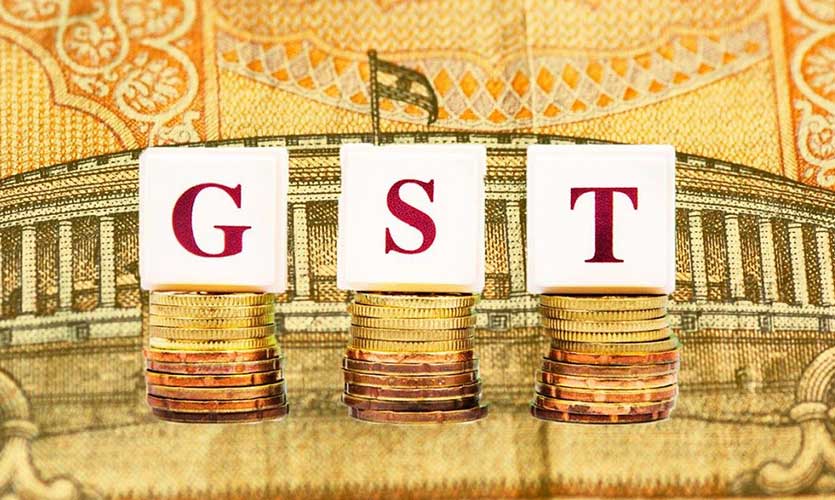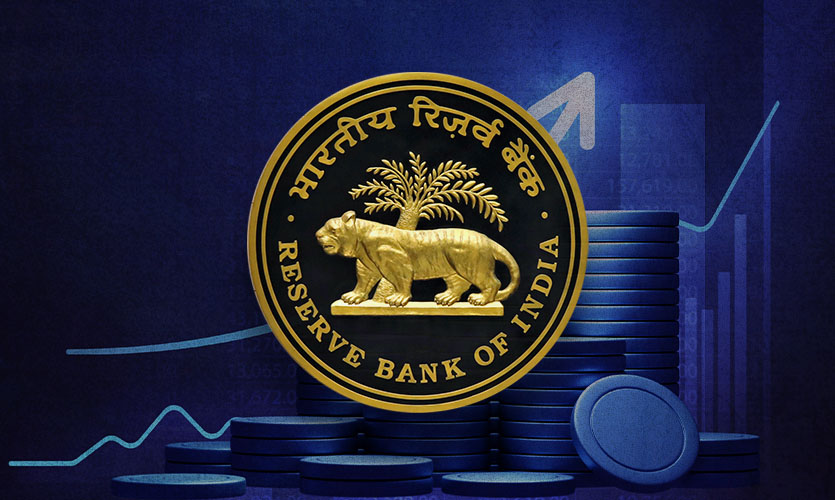The central government has decided to introduce a number of changes to the Goods and Services Tax (GST) rules as the new year approaches. The amendments will be implemented starting January 1, 2022, in order to counter fraudulent activities related to billing and recovery, and curb tax evasion by restaurants operating on online food delivery platforms.
There will be procedural changes as well; this includes liability on e-commerce operators to pay tax on services provided through them by way of passenger transport or restaurant services. Auto-rickshaw drivers who provide passenger transport services through offline/manual mode will continue to be exempt, however, such services when provided on an e-commerce platform would be taxable at a 5 percent rate. These changes will impact e-commerce operators like Swiggy and Zomato, who will be made liable to collect and deposit GST with the government on restaurant services supplied through them, from January 1. Online platforms would also be required to issue invoices with respect to such services.
In a meeting in September 2021, the GST Council discussed the lack of mandatory registration checks by Swiggy/Zomato, and there were unregistered restaurants supplying through these apps. It was identified that as per estimates, tax loss to the exchequer due to alleged under-reporting amounted to ₹2,000 crores over the past two years. The procedural changes will be at no extra tax burden for the consumer as the restaurants are in charge of collecting and depositing GST. The food delivery platform is now responsible for compliance with deposit and invoice raising.
Other key changes include the introduction of GST at 12 percent on all footwear products irrespective of prices. All textile products excluding cotton and including readymade garments will also fall under the 12 percent GST bracket.
Read more: Centre Likely To Implement Four New Labour Codes In FY 2022-23
The Centre plans on incorporating stricter anti-evasion measures like mandatory Aadhaar authentication when claiming GST refund, and blocking of the facility of GSTR-1 filing in cases where the business has not paid taxes and filed GSTR-3B in the previous month. At present, the law does not permit the filing of returns for outward supplies or GSTR-1 in case a business fails to file GSTR-3B for the preceding two months. Currently, businesses file GSTR-1 of a particular month by the eleventh day of the subsequent month. GSTR-3B, through which businesses pay taxes, is filed in a staggered manner between the 20th-24th day of the succeeding month.
The law has also been amended to permit GST officers to visit premises to recover tax dues without a show-cause notice, particularly in cases where taxes paid in GSTR-3B is lower based on suppressed sales volume, as compared to supply details given in GSTR-1. This move will help tackle the issue of fake billing where sellers show higher sales in GSTR-1 to enable purchasers to claim an input tax credit (ITC) but report suppressed sales in GSTR-3B to lower GST liability.










